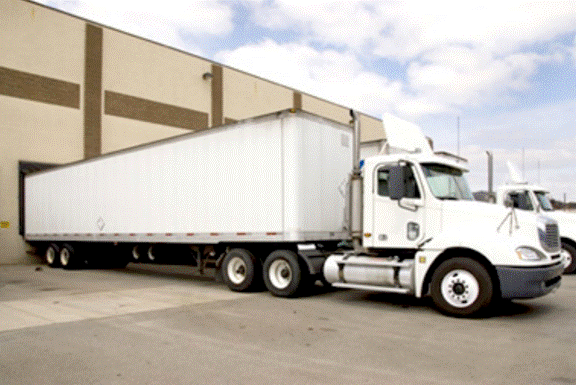
The most recent edition of the Cass Freight Index Report issued this week by Cass Information Systems highlighted another month of freight transportation shipment and expenditure declines in September. The Cass freight index is widely considered the most accurate barometer of industry activity and trends.
September shipments, at 1.199, were up 0.8% compared to August and down 3.4% annually, marking the tenth consecutive month of annual shipment declines.
Shipments initially turned negative in December 2018 for the first time in 24 months, when it fell 0.8%. January and February were down 0.3% and 2.1%, respectively. As previously reported, the December and January shipment readings were up against respective all-time highs reached in December 2017 and January 2018, coupled with stabilizing patterns in nearly all underlying freight flows.
The culprit is generally considered to be weakness in spot market pricing for many transportation services, especially trucking, which is consistent with the negative Cass Shipments Index and, along with airfreight and railroad volume data, strengthens concerns about the economy and the risk of ongoing trade policy disputes. This weakness and decreases in the prime lending rate are supporting arguments for a looming recession.
The CASS report highlighted concerns regarding inflation and concerns about contract pricing and cancellation of transportation equipment orders, with four key factors playing a role, including:
1. Almost all modes of transportation used their pricing power to create capacity, which first dampened and has now killed pricing power.
2. Spot pricing (not including fuel surcharge) in all three modes of truckload freight (dry van, reefer, and flatbed) has been falling for 15 months. Spot pricing, using dry van rates as a proxy, fell dramatically from its peak in June 2018 (more than $0.50 a mile) to at one point in May falling to more than 30.0%below contract pricing (a level Cass declared unsustainable). The highly discounted pricing available in the spot market has attracted an increased amount of demand, which has deteriorated pricing in the contract market (which is down $0.20 a mile or -9.7% in the last 14 months), and has begun to close the gap between contract and spot.
3. The cost of fuel (and resulting fuel surcharge) is included in the Cass Expenditures Index. Since the cost of diesel has been negative over the last 4 months on a YoY basis (down -5.4% June, down -5.8% in July, down -6.6% in August, down -7.9% in September), it is increasing the negative amount of pricing reported.
4. Whether driven by capacity addition/creation or lower fuel surcharges (or a combination of both, which is our best guess) the Expenditures Index has continued to decline: the September 2019 Index is down -4.5% from its peak in September 2018.
What To Expect
In the first half of 2019, around 640 trucking companies went bankrupt, according to industry data from Broughton Capital LLC. That's more than triple the amount of bankruptcies from the same period last year — 175.
The slow down in trucking has especially affected small carriers, who operate largely on the spot market. Trucking loads can either be picked up on demand through the spot market, or through a pre-arranged contract. The contract market comprises the vast majority of the trucking market, according to the American Trucking Associations. Trucking has been in a recession since the first half of 2019, according to ACT Research. That fact doesn't surprise truck drivers, dozens of whom have seen their earnings slashed this year.
Spot market rates have crashed in 2019, while contract market rates haven't seen the same dip. According to the most recent Chainanalytics-Cowen Freight Indices report, dry van spot rates are down 16.1% from the same period in 2018. Contract rates in dry van are down 8.1%.
To stay informed on this topic and more, subscribe to our blog.
Free Assessment, call 732-899-4242


 Land-Link, a well respected professional organization, has been providing its clients with effective transportation and logistics solutions since 1978.
Land-Link, a well respected professional organization, has been providing its clients with effective transportation and logistics solutions since 1978.

